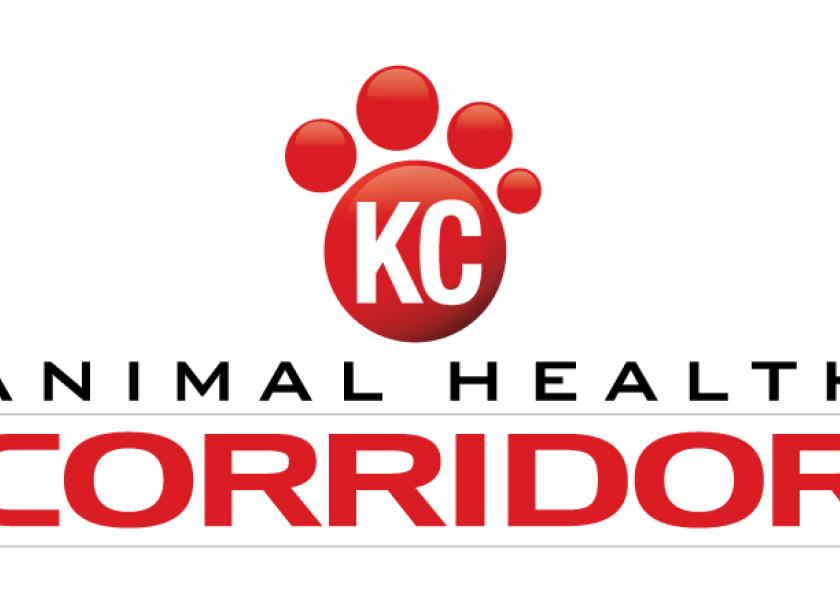USDA Moving Two Key Agencies to Kansas City Region

The Kansas City Area Development Council and its partners are proud to announce that the Kansas City region will become the new home of the U.S. Department of Agriculture’s (USDA) Economic Research Service (ERS) and National Institute of Food and Agriculture (NIFA). The USDA team is evaluating multiple Class-A office properties in Kansas and Missouri for its 120,000-square-foot space, which will house both agencies and 568 employees, and expects to be operational this fall.
The Kansas City region was selected for its existing concentration of USDA employees and operations, the more than 150 federal agencies in the area, proximity to 13 land grant universities, and central location in the agricultural heart of the country. This concentration is enhanced by the area’s research capabilities and industry-led initiatives like the KC Animal Health Corridor.
“Because of Kansas City’s 100-plus year legacy of leadership in the agriculture and animal health industries, this decision feels like a homecoming for the USDA,” said Tim Cowden, president and CEO, Kansas City Area Development Council. “We welcome the ERS and NIFA teams and look forward to introducing them to KC’s incredible culture, robust scientific community and unprecedented access to the research, farm, agribusiness and financial customers they serve.”
Within 300 miles of Kansas City are 13 land grant universities—including agriculture research giants Kansas State University and the University of Missouri—more than any other U.S. location. The National Bio and Agro Defense Facility, the USDA’s state-of-the-art biocontainment laboratory for the study of diseases threatening the nation’s animal agricultural industries, is opening in Manhattan, Kan., in 2022.
“With 56 percent of total worldwide animal health, diagnostics and pet food sales, the Kansas City region is home to more than 300 animal health companies, representing the largest concentration in the world,” said Kimberly Young, president, KC Animal Health Corridor. “We welcome the opportunity to collaborate with the USDA to advance cutting-edge discoveries, develop the next generation of agriculture talent and ensure the safety of the nation’s food supply.”
Kansas City is already home to more than a dozen USDA agency operations. More than 5,000 USDA employees and contractors work in Kansas City for operations such as the Office of Animal & Plant Health Inspection Service and the Farm Service Agency. The Kansas City area also boasts 35,000 federal employees and a robust Federal Executive Board serving the metro’s 150 federal agencies.
About the Economic Research Service (ERS)
The mission of USDA's Economic Research Service is to anticipate trends and emerging issues in agriculture, food, the environment and rural America and to conduct high-quality, objective economic research to inform and enhance public and private decision making. Learn more.
About National Institute of Food and Agriculture (NIFA)
The National Institute of Food and Agriculture (NIFA) provides leadership and funding for programs that advance agriculture-related sciences. It invests in and supports initiatives that ensure the long-term viability of agriculture. NIFA applies an integrated approach to ensure that groundbreaking discoveries in agriculture-related sciences and technologies reach the people who can put them into practice. Learn more.
About Greater Kansas City
With 2.5 million people, the Kansas City region is recognized as "America's Creative Crossroads," as a center for technology, entrepreneurship and artistry. Home to the Kauffman Foundation, Kansas City was selected for the roll-out of Google's 1 Gigabit Google Fiber service, and for one of Cisco's most comprehensive Smart+Connected Cities programs. www.thinkkc.com.
About the KC Animal Health Corridor
Companies with a business location in the KC Animal Health Corridor account for more than half of the sales generated by the global animal health industry. The Corridor, anchored by Manhattan, Kan., and Columbia, Mo., is home to more than 300 animal health companies, representing the largest concentration in the world. For more information, visit KCanimalhealth.com.
About KCADC
The Kansas City Area Development Council serves the 18-county, two-state Kansas City area by marketing the region's business and lifestyle assets to companies around the world. Working closely with its 50-plus state, county and community partners, the region has attracted more than 60,000 new jobs over its 40-year history. KCADC also leads the efforts behind the KC Animal Health Corridor, TeamKC and KC SmartPort. www.thinkKC.com.







